Everything starts with scouting! Trap-EyeTM automatically takes pictures from your sticky traps and uses these to identify and count the insects on them. This consistent monitoring helps visualize the population development of different insects. With this fast and accurate way of scouting, your IPM programme can be drastically improved.
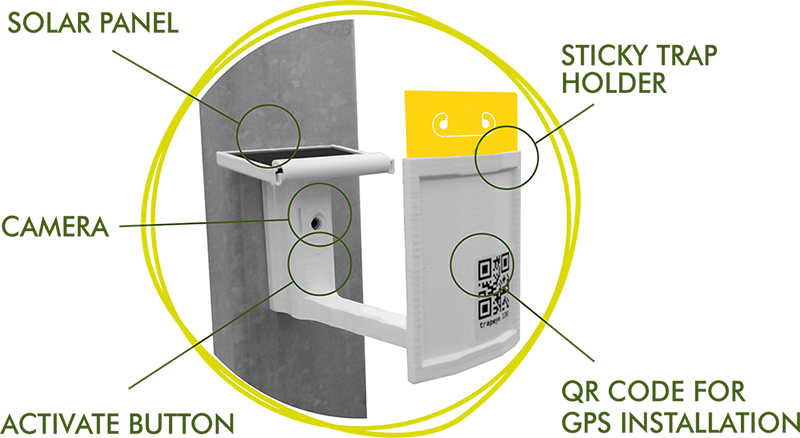
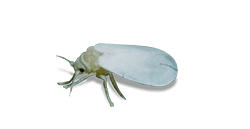
White flies (Trialeurodes vaporariorum, Bemisia tabaci, ...) are a common pest causing damage and virus transmission in several crops during the entire growing season. Monitoring their trends offers you the insights to take correct control measurements.
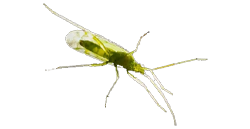
Macrolophus pygmaeus is an efficient beneficial against various pests. Counting both pest and beneficial insectson sticky traps give useful insights in the trends and ratio between them and allows you to take adequate actions to prevent crop damage.
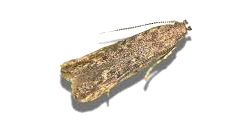
Tuta absoluta causes gallery damage and frass to tomato crops. Although it is less common to monitor the Tuta population on yellow sticky traps, this supplies you with valuable data for decision making.
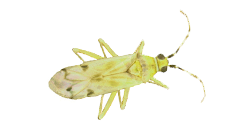
The green mirid bug Nesidiocoris tenuis is an efficient beneficial, used in Southern Europe against various pests. In North Europe, Nesidiocoris is a pest insect that damages fruits and forms necrotic rings on leaves and stems of tomato crops.
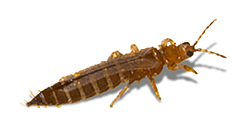
Thrips (Frankliniella occidentalis,...) cause serious damage to vegetable crops as well as to ornamentals and soft fruit. A good follow up on new thrips infestations will help you to take actions timely and prevent damage.
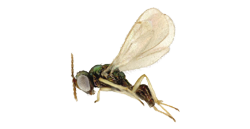
Leaf miners create galleries in the leave hindering growth. Adult leaf miners can be scouted on sticky traps, giving an indication when to expect new eggs and larva in the leaves.
Pest insects occur in every crop. With 40 small Trap-EyeTM devices mounted on greenhouse poles, a full hectare is monitored for flying insects. The Trap-EyeTM devices take pictures of the sticky traps at a grower-defined interval and send them to the cloud through a unique mesh network of Trap-EyeTM. Our AI network analyses the pictures and provides you with a full overview of your pest and beneficial insect population development. With this drop-in place alternative for sticky traps, a grower is fully unburdened from their manual sticky trap counting!

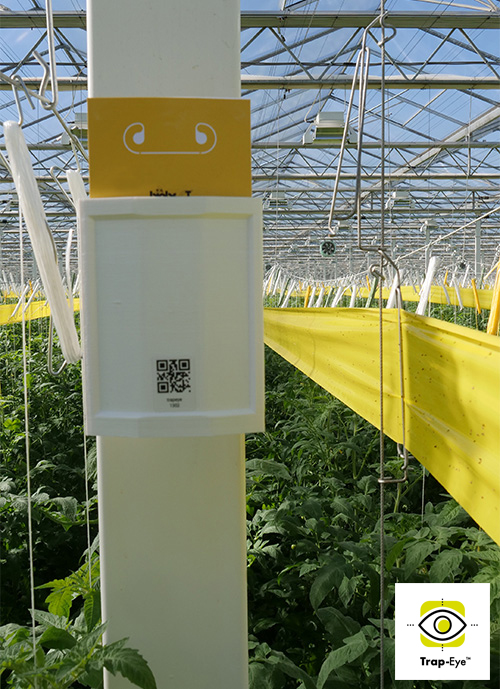
With 40 Trap-EyeTM per hectare, you get a good sample size of the pest and beneficial insect situation in your greenhouse. With less samples, hot spots can be overlooked and the pest situation could get out of control before it’s noticed. With 40 Trap-EyeTM per hectare, we provide you with a full overview of your greenhouse, making sure no hot spots are missed.
Sticky trap scouting provides you with a uniform and standardized sample of your greenhouse. Most flying insect are attracted by the colour yellow. By using our yellow Trap-IDTM sticky traps, you get an actual count of multiple pest and beneficial insects in one go. With the unique design of the Trap-IDTM sticky trap, we made sure the whole monitoring surface can be counted by Trap-EyeTM.
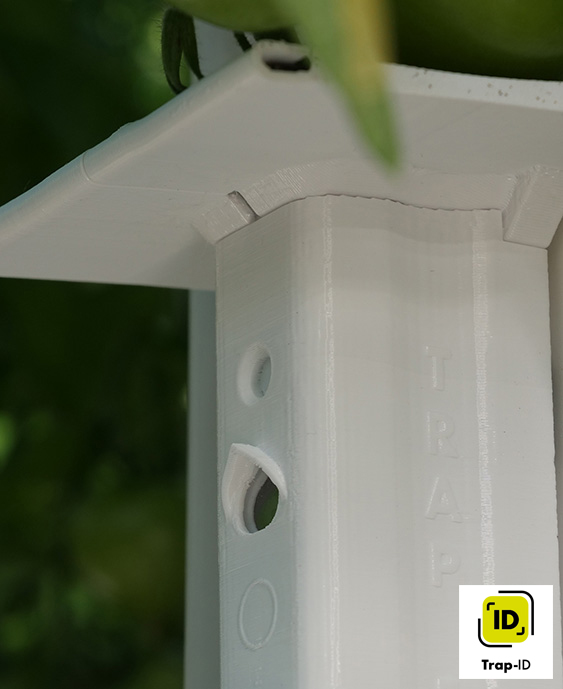
Scouting is the first crucial step of successful IPM. Trap-EyeTM fully automates sticky trap monitoring. It uses a dense network of scouting devices to take pictures of sticky traps, which are analysed by our artificial neural network to count both pests and beneficial insects. This provides profitable, accurate, and high-density scouting data to make better IPM decisions anytime and anywhere.
Leave us your contact details and one of our advisors will contact you.